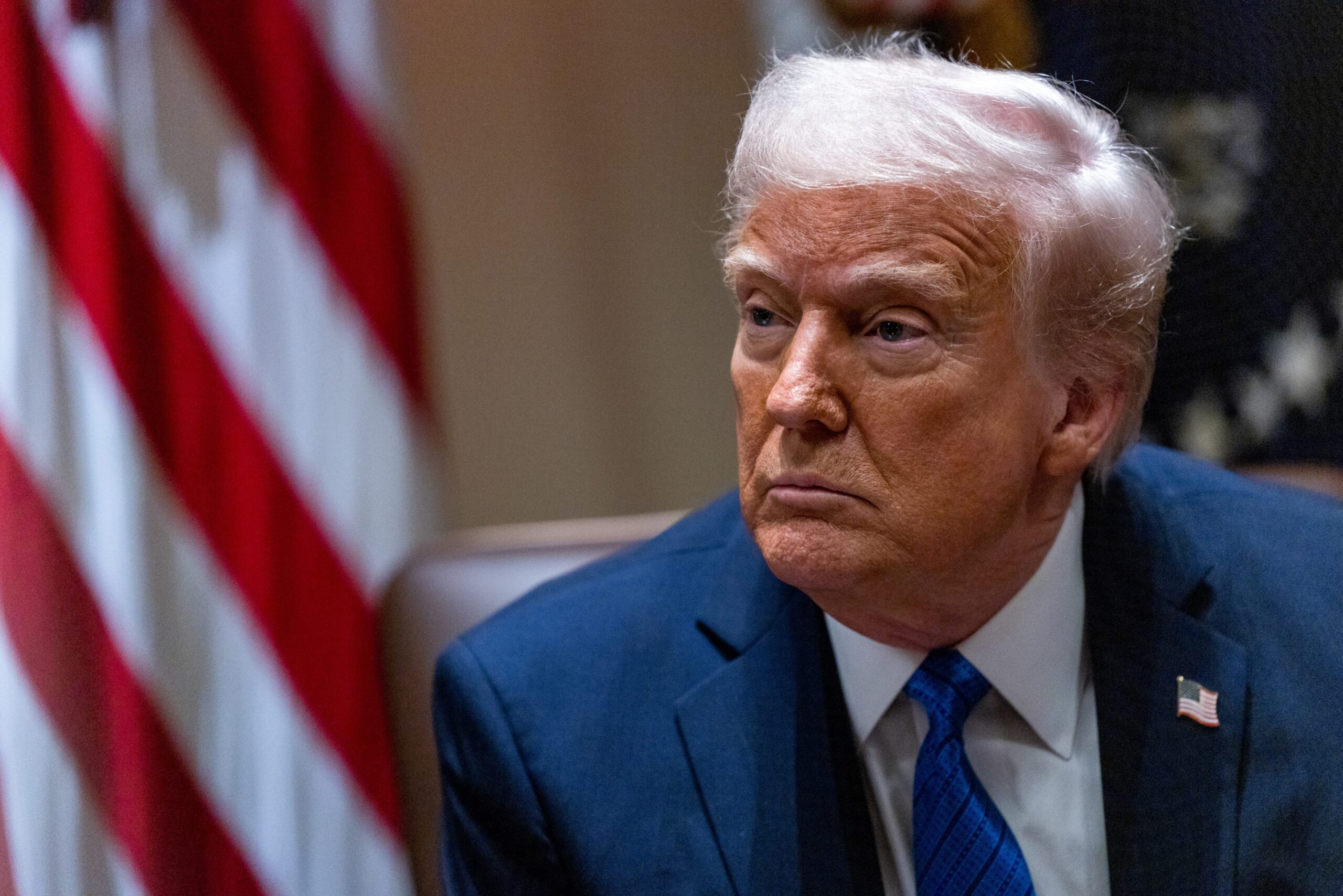
Chinese officials are urging US President Donald Trump to “completely cancel” his reciprocal tariffs as trade tensions between the world’s two largest economies continue to intensify.
Trump recently announced a 90-day delay for various global tariffs he had planned, but increased levies on Chinese imports to 145%. In response, China’s commerce ministry released a statement calling on the US to “take a big step to correct its mistakes, completely cancel the wrong practice of ‘reciprocal tariffs’ and return to the right path of mutual respect.”
The Trump administration made a partial concession Friday by announcing exemptions for certain technological products, including many manufactured in China. The Chinese commerce ministry described this as a “small step” and stated they were “evaluating the impact” of these exemptions.
Trump’s technology exemptions—covering smartphones, computers, and semiconductors—provided some relief for tech companies and consumers concerned about potential price increases for electronic devices. However, there appears to be no immediate prospect of warming relations between the two economic rivals.
When asked on CBS’s Face the Nation whether Trump had plans to speak with Chinese President Xi Jinping, US trade representative Jamieson Greer responded, “Right now we don’t have any plans on that.”
The escalation began when Trump imposed a 54% tariff on Chinese imports in early April, later increasing it to 145%. China retaliated with its own tariffs, starting at 34% on US goods before raising them to 84% and finally 125%, which took effect Saturday.
In announcing its latest tariffs, China’s commerce ministry warned last week it would “fight to the end” if the US “insists on provoking a tariff war or trade war.”
Trump indicated Saturday while traveling to Miami that he would provide more details about the exemptions early next week.
The White House maintains it is using tariffs as a negotiating strategy to secure more favorable trade terms from other nations. Trump has argued his policy will address unfairness in global trade and bring jobs and manufacturing back to the United States.
However, these trade actions have caused significant stock market volatility and raised concerns about potential reductions in global trade that could negatively impact jobs and economic growth worldwide.











Be the first to leave a comment